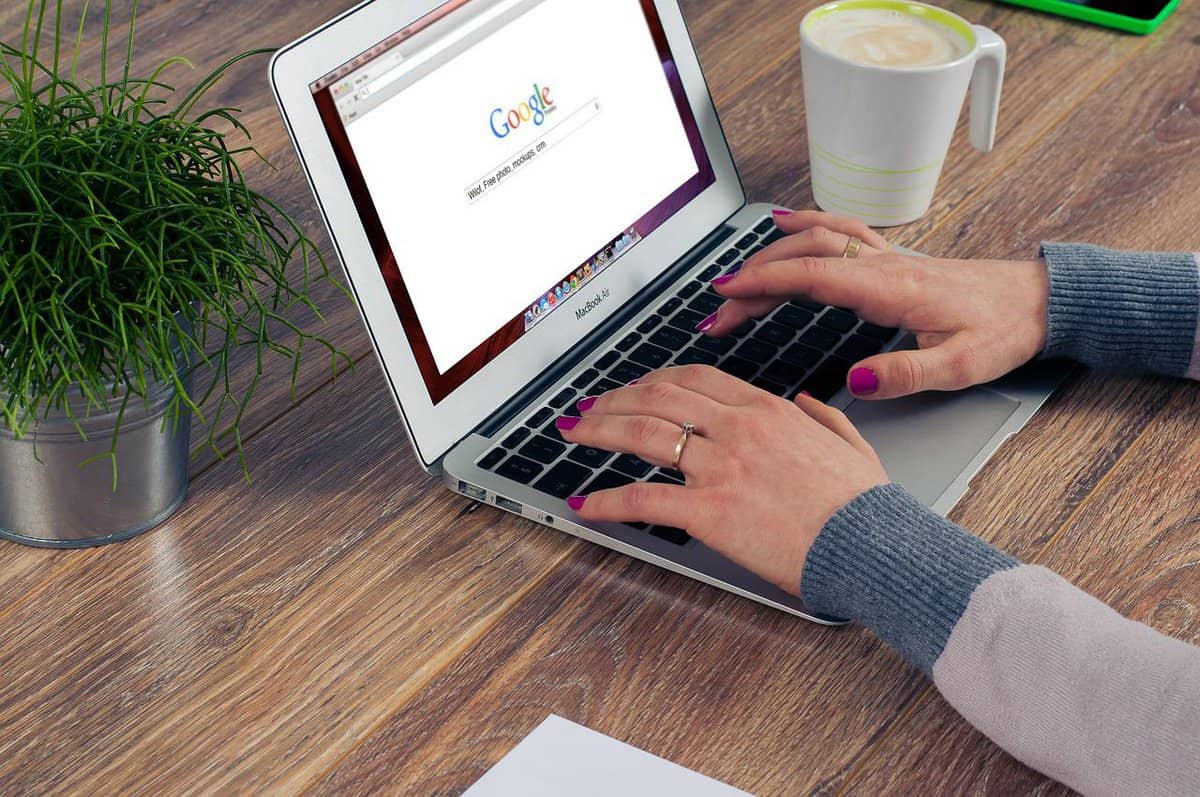Small everyday mistakes that you make at work, when accumulated, can affect how your coworkers see you.
Also, some actions may affect how you perform at work and make you less confident, grumpier, and more distracted.
In a world where impressions are everything, you might be really good at what you do, but if you make mistakes that contradict your hardworking and skillful character, they can affect your career more than you think.
Try to avoid these habits if you are prone to them as much as possible.
Clutter That Creates Mental and Professional Chaos
Having a messy workspace may not seem like a big deal, but it nonetheless influences your focus, affects your mood, and shapes other people’s impression of your professionalism.
When clutter builds up in your workspace, it distracts your mind, slows your thinking, and makes every task seem harder. It is certainly common for your thinking to become messy when your desk is cluttered.
Colleagues might see a messy desk as an indication of laziness or lack of professionalism, regardless of how capable you are. Psychologically, a messy space is also a stressful space.
Over time, these small messes accumulate and create mental noise, which hinders productivity and increases burnout. A clean workspace will allow you to think clearly, make faster decisions for your team, and create a professional impression as someone who can manage their responsibilities.
Cleaning your space is not just visually appealing; it is an investment in your career and professionalism overall.
Not Building Friendly Social Connections at Work
Many people often overlook how much social interaction affects their career. Avoiding small talk, staying too isolated, or being heads down all day can make you unintentionally unapproachable.
You don’t have to be super social, but basic friendliness attaches you to others in a way that makes you seem cooperative, helpful, or supportive.
You can build trust with simple actions like greeting coworkers when they arrive, asking how their day is going, or politely jumping into a few minutes of conversation in the team meetings after they’re done.
Psychologically, positive social connections enhance motivation and diminish stress. Professionally, people are more prone to working with others they feel comfortable around.
Friendliness isn’t faking or forcing conversation; it is being cordial, respectful, and open. These small social activities will enhance your presence at work and help create opportunities that isolation will rob you of.
Poor Lighting That Drains Energy and Motivation
Lighting might feel less important, but it affects productivity and your mood. Dim or harsh lighting can cause headaches, strain the eyes, and produce fatigue, and when dull, your workspace drains your motivation, too.
Bright, natural light enhances alertness, creativity, and clarity of mind. It sends a message to your brain that you’re in an active and productive environment!
And in professional settings, lighting helps you show up better in meetings, even in virtual ones. When you and everything around you look great in clear lighting, you look like you’re engaged and confident.
And changing your environment doesn’t require a full renovation; even a lamp or moving your desk can change the way you feel and perform at work.
Sitting Too Long Without Movement
Many people don’t realize how harmful it can be for one’s health or career performance to sit for extended periods of time. Focus gets weaker and the body feels heavy after sitting for hours, making mental alertness fade.
You can start the day strong, but lose a bit of energy over time because your posture has collapsed or your circulation is poor. Over time, this begins to affect confidence, creativity, and problem-solving.
Managers notice when mental freshness has become sluggishness or disengagement, even if the employee is working hard. Taking short breaks to stretch or stand for a few minutes can help reset your mind and provide more energy.
Movement is a great way to improve mood and productivity while reconnecting the body to the brain. Small, physical habits can create professional vitality over the long run.
Ignoring Your Digital Workspace
Your digital space is just as valuable as your physical space. A messy desktop, unorganized folders, or a variety of alerts can be a drain on your focus and marginally lessen your credibility.
もしそうなら spend time looking for files and sorting through cluttered emails, your productivity will decrease. Other people may also form an opinion of your reliability if documents are missing or responses are delayed.
On a psychological level, digital clutter creates the same stress as an unkempt desk; it splits your attention. When you take time to organize digital files, eliminate constant notifications, and narrow your communications, the gain in productivity can be quick.
When your digital space is organized, it shows that you are intentional, prepared, and in control, which will streamline your professional reputation.
Allowing Constant Interruptions
Frequent interruptions, no matter how small, disrupt concentration and disrupt deep work. When you notice a text, a notification, or have a casual conversation, your brain must again start the task and think through the instructions.
This is taxing on mental energy. Over time, productivity declines, the number of mistakes increases, and you may appear to others as scattered or drifting away.
You don’t need to be confrontational to set boundaries in your focus; you can silence notifications, wear headphones, or time block your focus breaks.
How To Fix Them
These habits are simple to recover and provide immediate rewards for your capacity to provide quality work. Your career will flourish when your output is consistent and thoughtful, not hurried and broken up.
Managing interruptions protects your time, your energy, and your brand for reliable results. Try to stay focused, but do it in a balanced way, be open to communication, and try to do the best you can.
Nobody is perfect, but we can try our best to be productive and likable.
Born and raised in Bosnia and Herzegovina. Ever since I was a little girl, my imagination knew no bounds. I remember vividly how I’d scribble down short stories, each page bursting with adventures and characters conjured up from the whimsy of my mind. These stories weren’t just for me; they were my way of connecting with my friends, offering them a slice of my fantasy world during our playtimes. The joy and excitement on their faces as we dived into my fictional realms motivated me to keep writing. This early passion for storytelling naturally evolved into my pursuit of writing, turning a childhood hobby into a fulfilling career.








